
Microwaving Milk Tea for 30 Seconds Nearly Set My House on Fire: These 3 Foods Should Never Be Put in a Microwave
Microwaving Milk Tea for 30 Seconds Nearly Set My House on Fire: These 3 Foods Should Never Be Put in a Microwave
A young woman recently shared a harrowing experience: she placed a cup of cold milk tea into the microwave, set it for one minute, and stepped away to rinse her straw. After just 30 seconds, she heard crackling sounds and saw sparks inside the microwave. Alarmed, she immediately stopped the microwave and opened the door, only for flames to burst out. She had to use a kitchen spatula to push the burning cup out, extinguishing the fire.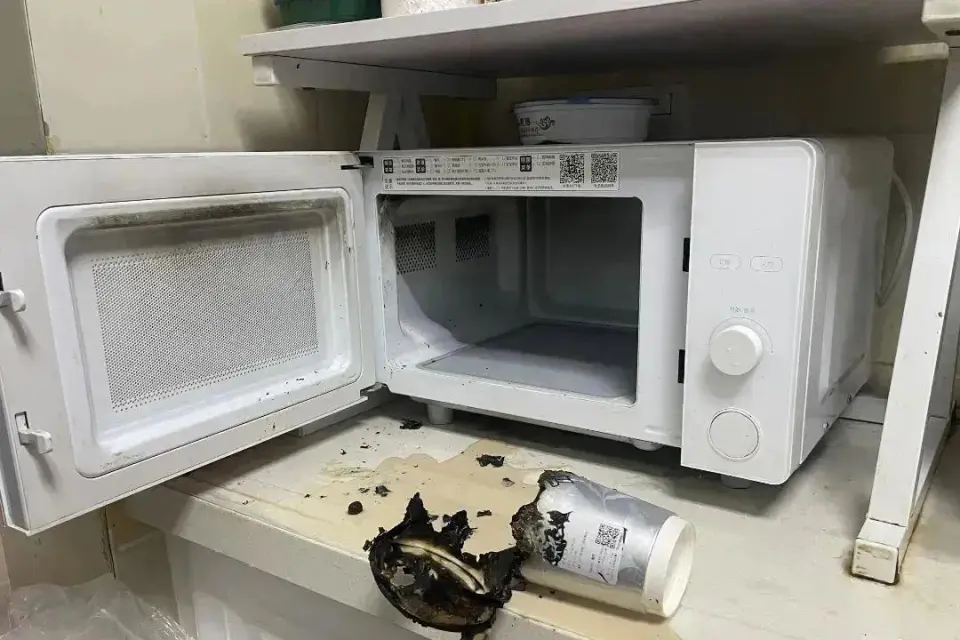
Photos revealed the top of the cup completely charred and the interior of the microwave blackened with smoke.
Why Did the Milk Tea Catch Fire?
According to Mr. Lý Vũ Giang, Deputy Head of the Propaganda Department of the Fire Prevention Office in Xicheng District, Beijing, the fire was primarily due to the cup's material. Many milk tea cups are made of paper or plastic, and to prevent leakage, some paper cups are lined with a thin layer of metal.
Microwaves heat food by emitting electromagnetic waves that cause water molecules to vibrate, generating heat. However, metals reflect these waves, leading to the formation of electric currents and localized high voltages, which can produce sparks. These sparks can reach temperatures of thousands of degrees Celsius, easily igniting the paper or plastic materials of the cup.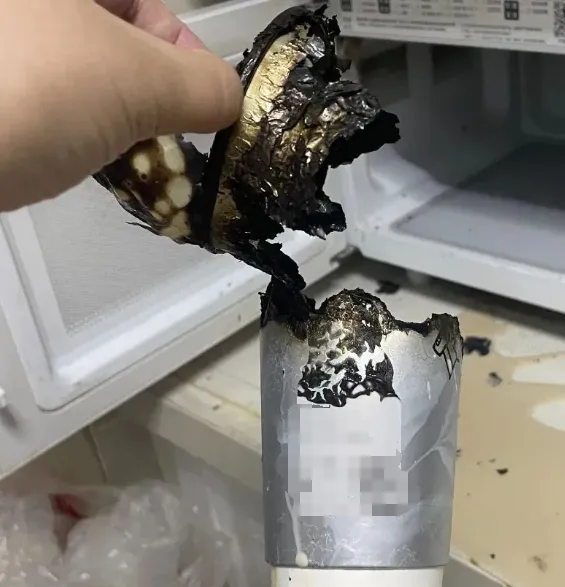
Three Foods That Should Never Be Microwaved
-
Eggs in Shells: Heating whole eggs in the microwave can cause pressure to build up inside, leading to the shell cracking or even exploding.
-
Deep-Fried Foods: The high temperatures can cause the oil to splatter and ignite, posing a fire hazard.
-
Low-Moisture Foods: Items like nuts and dried meats can easily catch fire due to their low water content.
Items to Avoid Placing in the Microwave
-
Metal Objects: Items like knives, forks, and aluminum foil can cause sparks, damaging the microwave or starting a fire.
-
Sealed Containers: Glass or plastic bottles with lids can build up pressure and explode.
-
Regular Plastics: Non-microwave-safe plastics can deform and release toxic substances. Always use microwave-safe plastics.
-
Ordinary Glassware: Regular glass may not withstand the heat and can crack or shatter. Use heat-resistant glassware.
Safety Tips for Using a Microwave
-
Not all items are microwave-safe. Always check before use.
-
Monitor the microwave while it's in operation.
-
If you notice smoke, sparks, or unusual noises, immediately unplug the microwave.
-
If the situation is uncontrollable, evacuate the area and seek assistance.
A small oversight can lead to significant consequences. Always exercise caution when using a microwave.
News in the same category

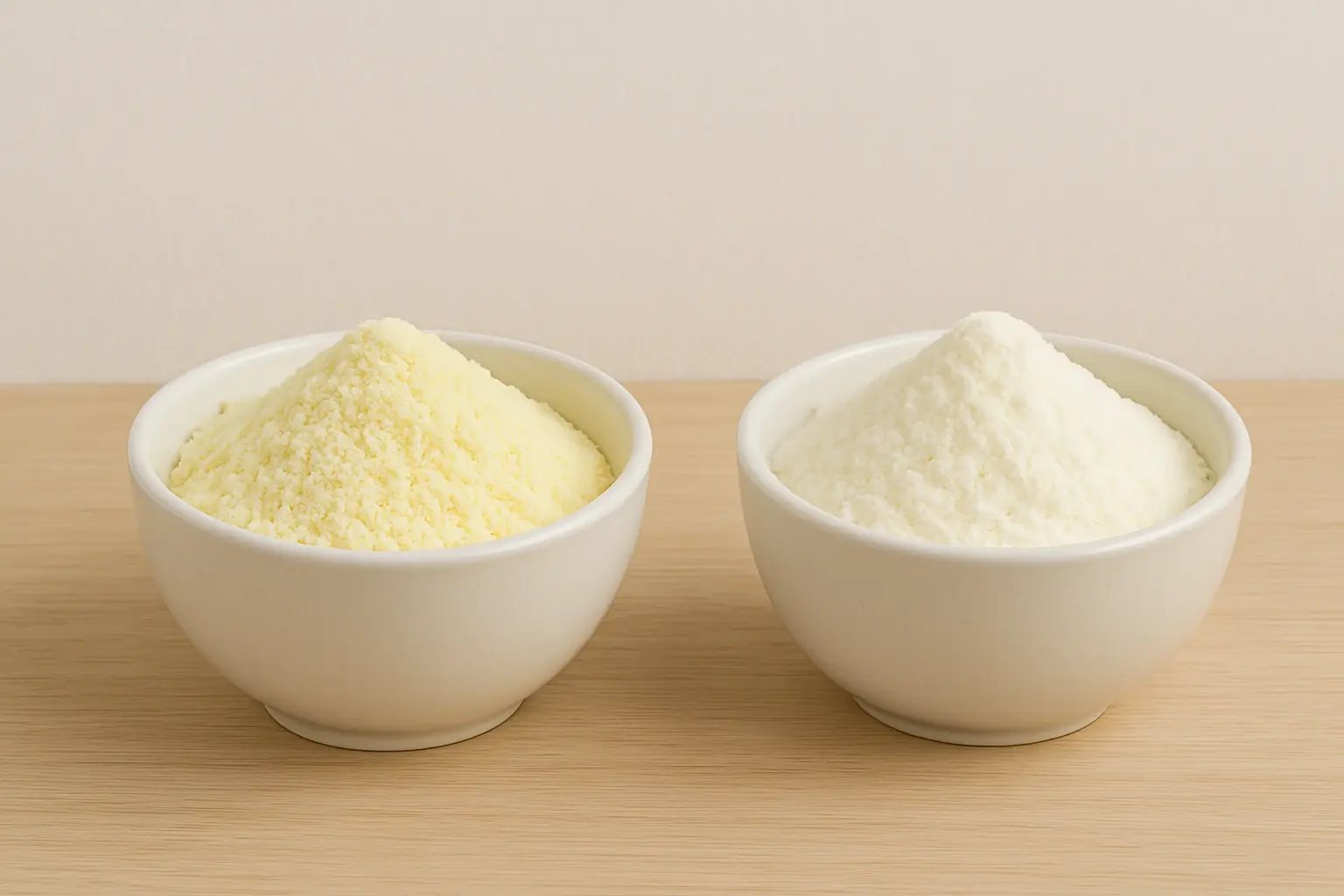
How to Tell Real Baby Formula from Fake: What Every Parent Needs to Know

Smart tips to get rid of cockroaches and maintain a clean, fresh home

Your phone’s volume buttons can do more than you think - Here are 6 hidden tricks
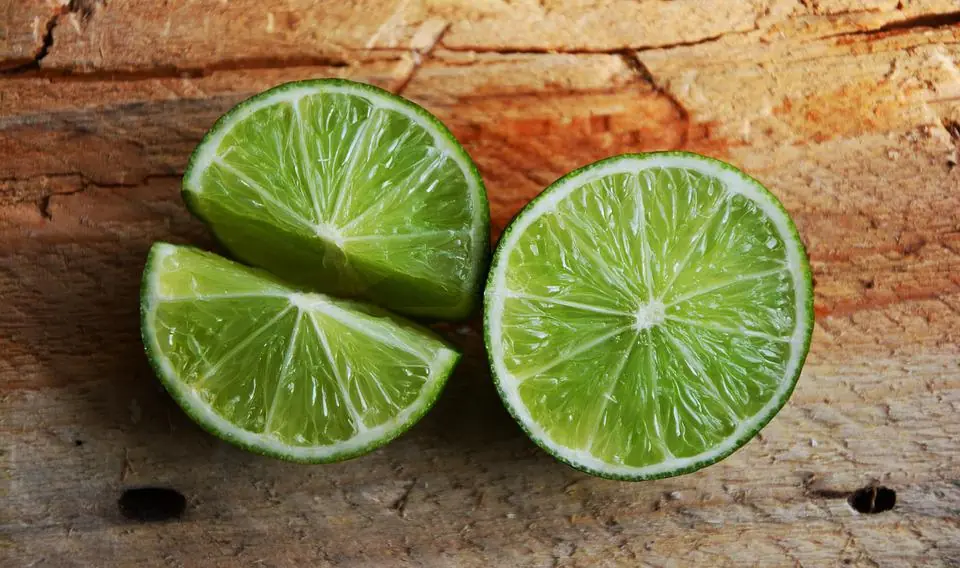
Don’t throw away lemon peels - Turn them into a powerful, natural cleaning solution for your home

If your partner leaves a clothespin on your shower head, make sure you know what it means
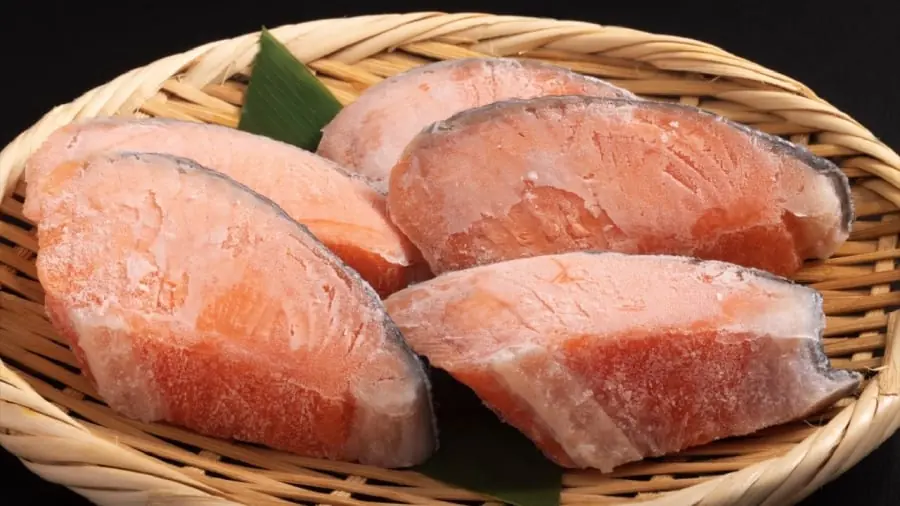
Tips for Freezing Fish So It Stays Fresh, Firm, and Flavorful for Up to a Month
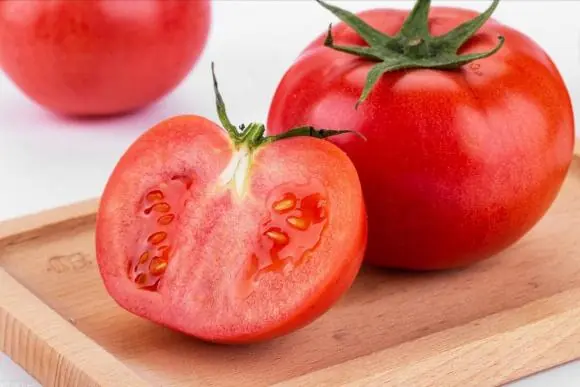
Don’t throw them away yet: Surprising ways to reuse tomatoes you think are useless

Restore a non-stick pan with milk instead of throwing it away

Two types of pork that look very fresh and delicious but should absolutely not be bought — sellers rarely reveal this
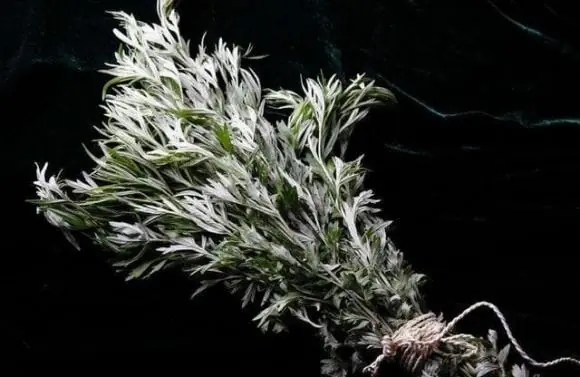
Hang these leaves at your door and watch flies and mosquitoes disappear

Identifying Venomous vs. Non-Venomous Snakes
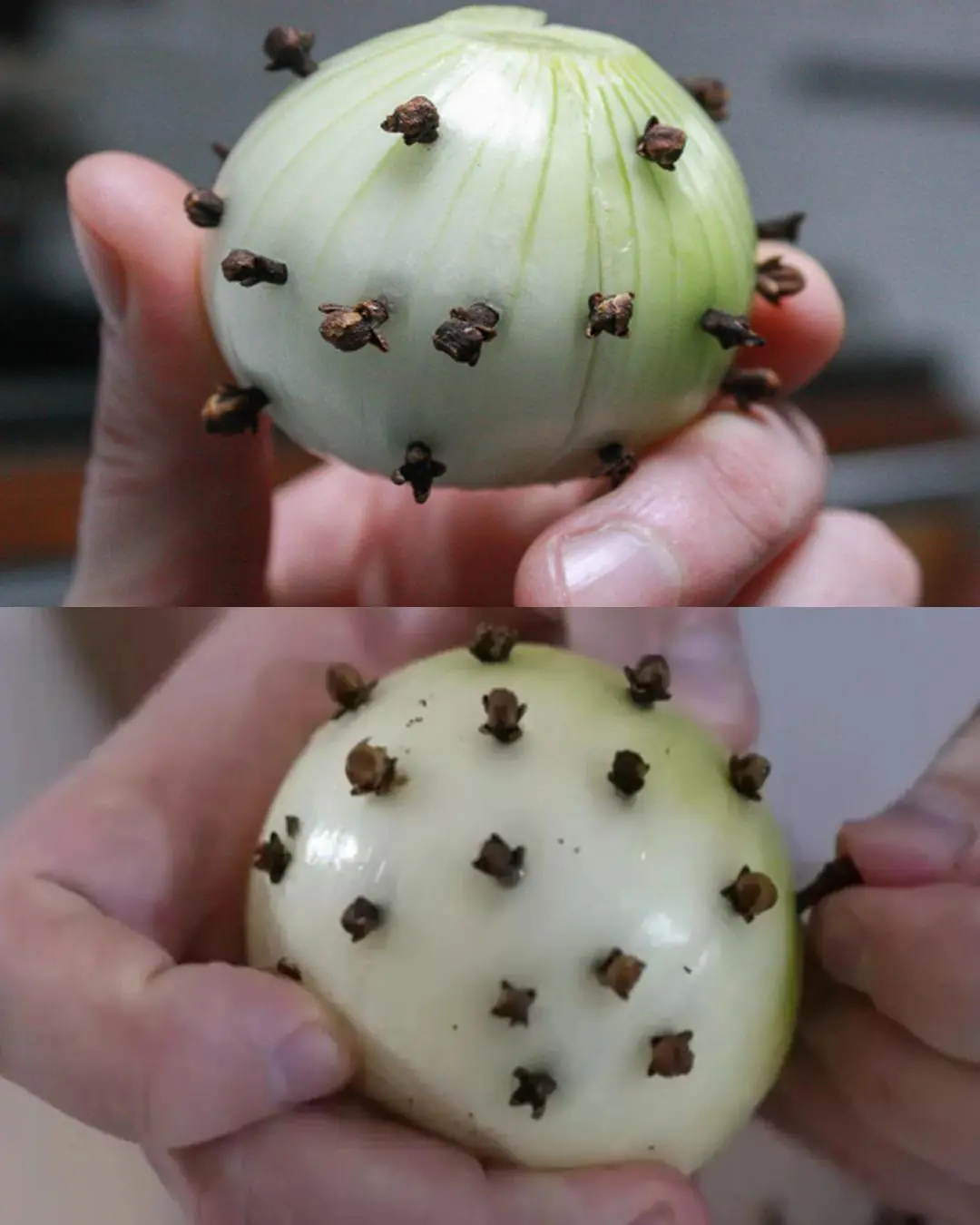
The surprising trick of sticking cloves into an onion

A Step Many Think Makes Chicken “Clean” Actually Does the Opposite: Experts Everywhere Say Stop Immediately
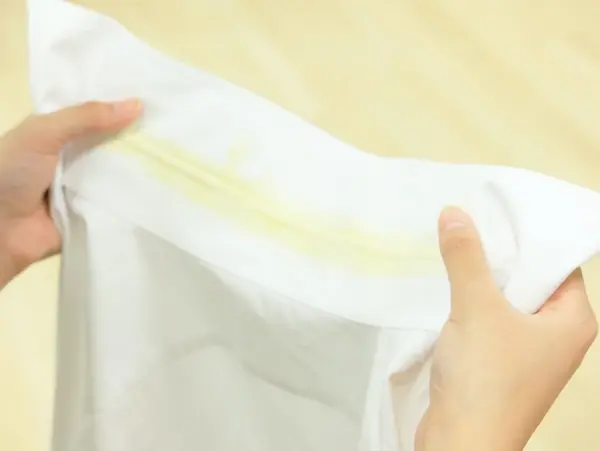
4 simple and effective tips to clean yellow sweat stains on white shirts at home that anyone can do it

Why many people place their suitcase in the bathtub right after checking into a hotel room

7 Beautiful, Fragrant Plants That Naturally Repel Mosquitoes
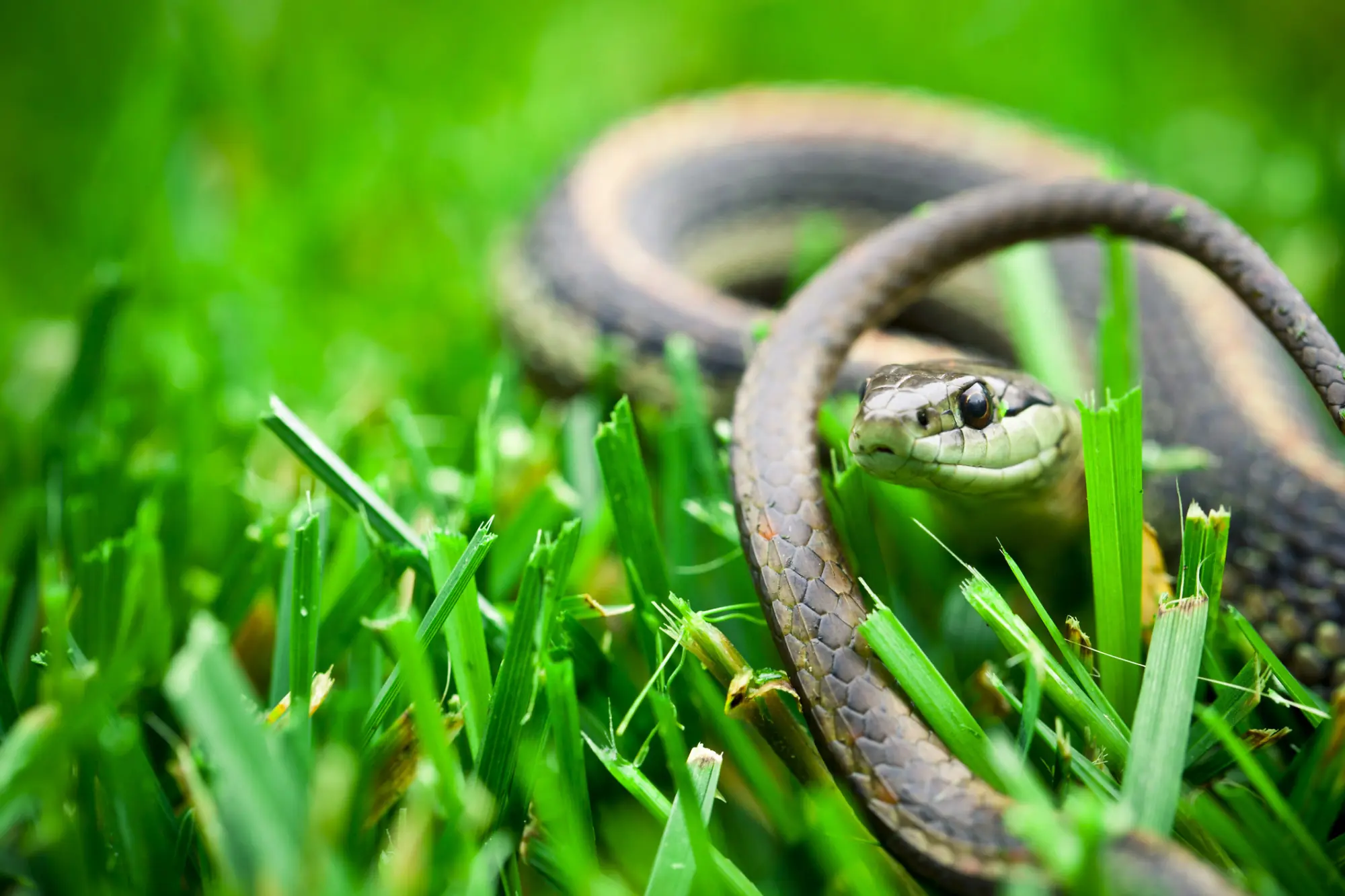
Plants That May Attract Snakes to Your Home: What You Should Know
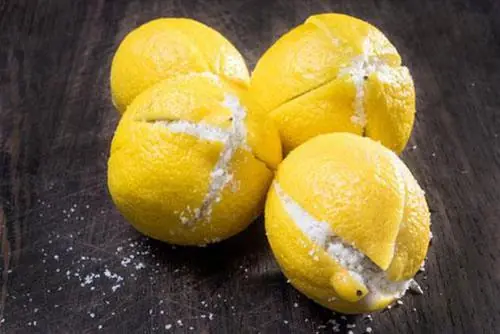
Little-known benefits of placing lemon with salt in the room

Why Sprinkling Salt on a Gas Stove Is a Smart Household Trick
News Post

Banana Blossom – A Cheap Dish with Benefits That Even Doctors Find Surprising
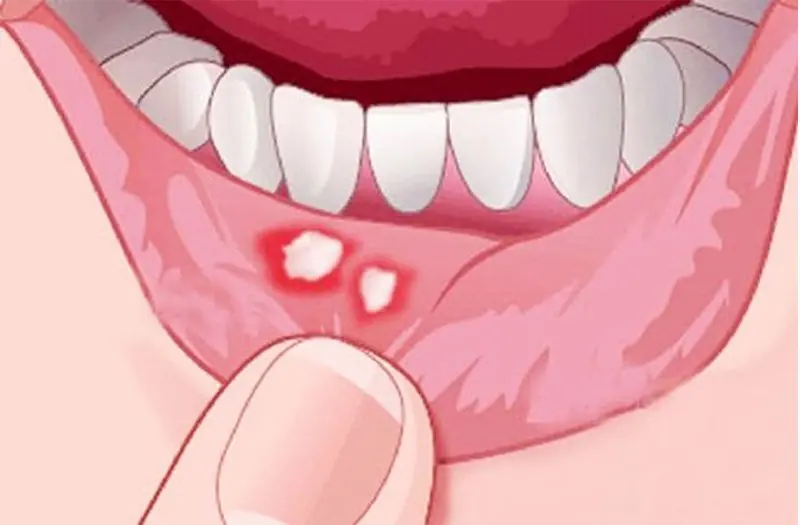
Frequent Mouth Ulcers in Winter: Don’t Ignore Them, as They May Signal Serious Health Issues
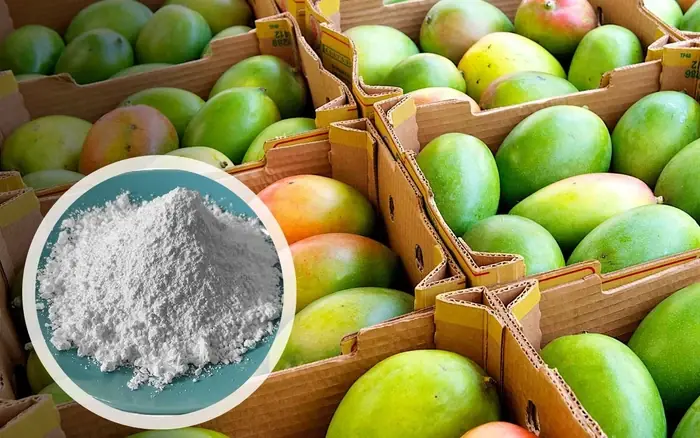
A Serious Reminder: 3 Types of Fruit That Can.cer Cells “Love” — Doctors Avoid Them, Yet Many People Eat Them Daily
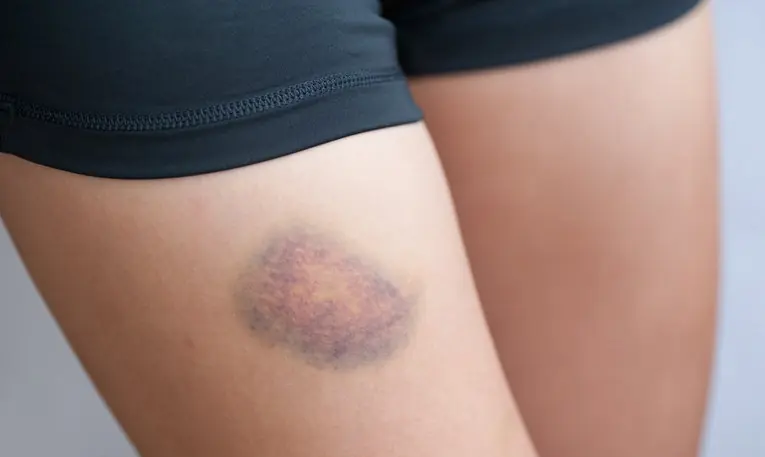
Here are some possible reasons you might be getting these bruises

A Heart Attack Can Warn You 3 Months Early These 5 Signs Are Often Ignored
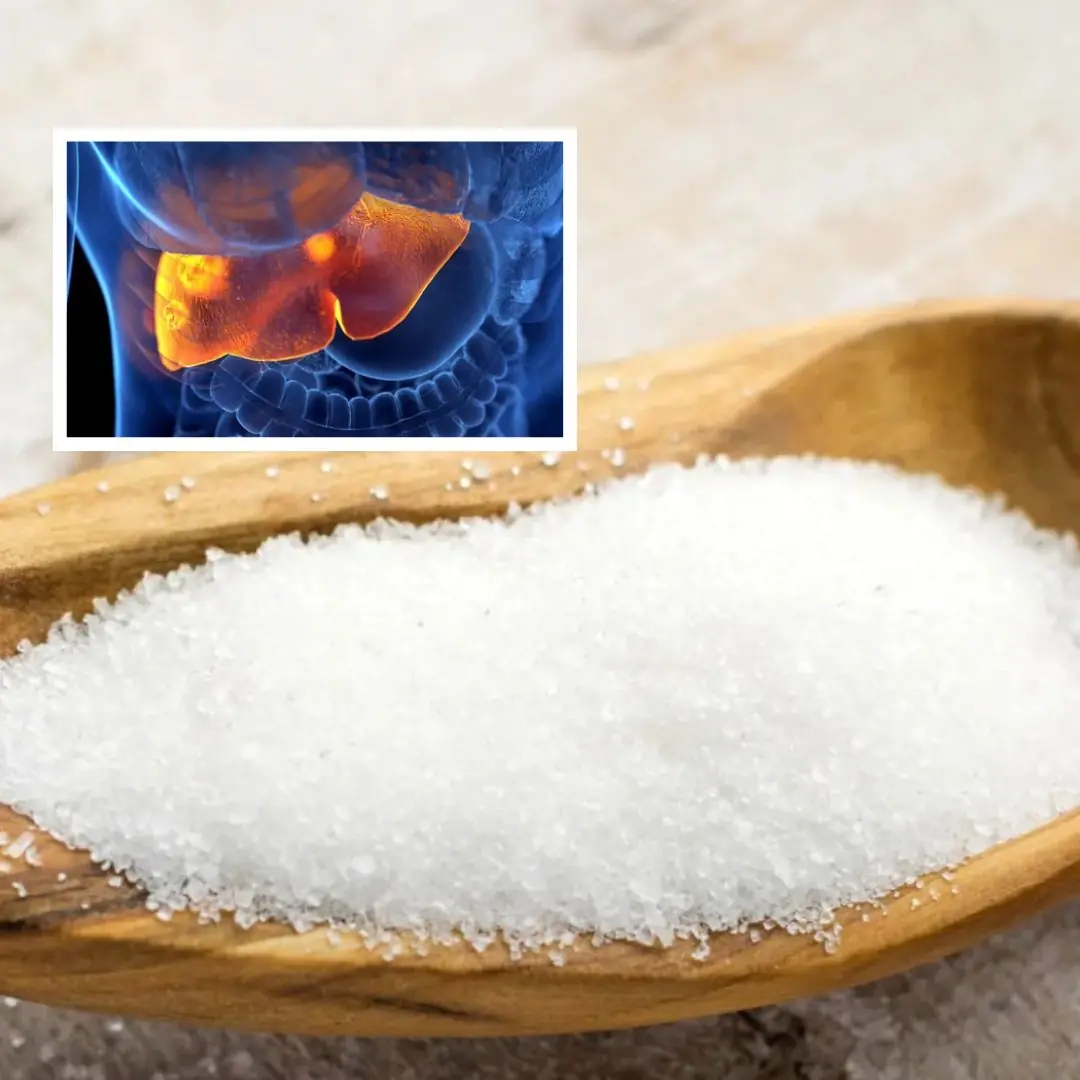
Popular low-calorie sweetener linked to liver disease: new study

The “Miracle Food” Against Can.cer and Aging — Surprisingly Found at Every Market
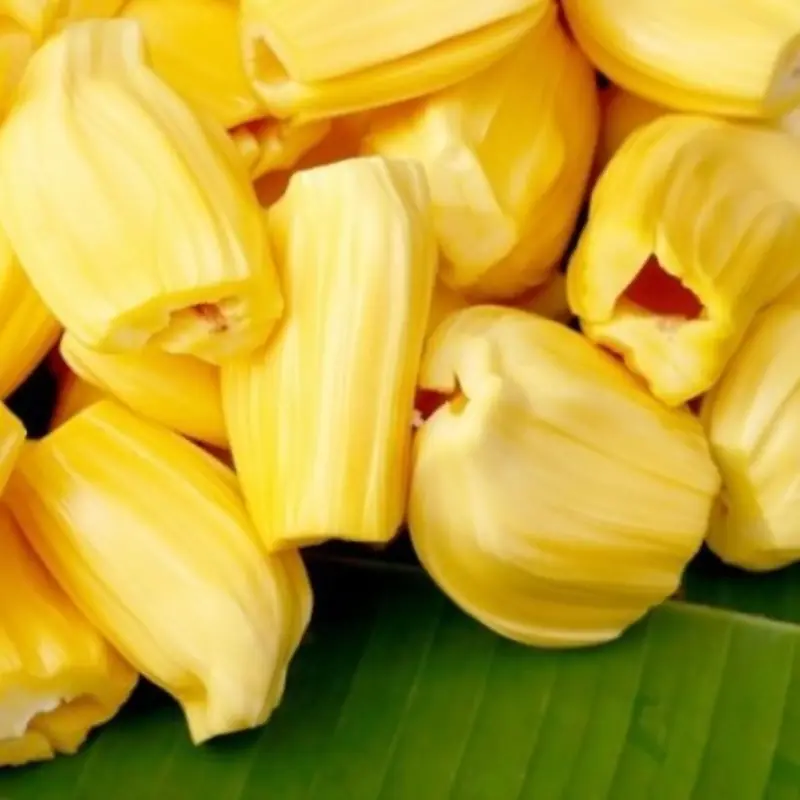
Doctors Warn: If You’re One of These 5 People, Stay Away From Jackfruit

7 Can.cer Warning Signs That Can Appear When You Wake Up

Six Alarming Symptoms That May Indicate Advanced-Stage Can.cer

Doctors Warn: Three Types of People Who Should Never Drink Coffee
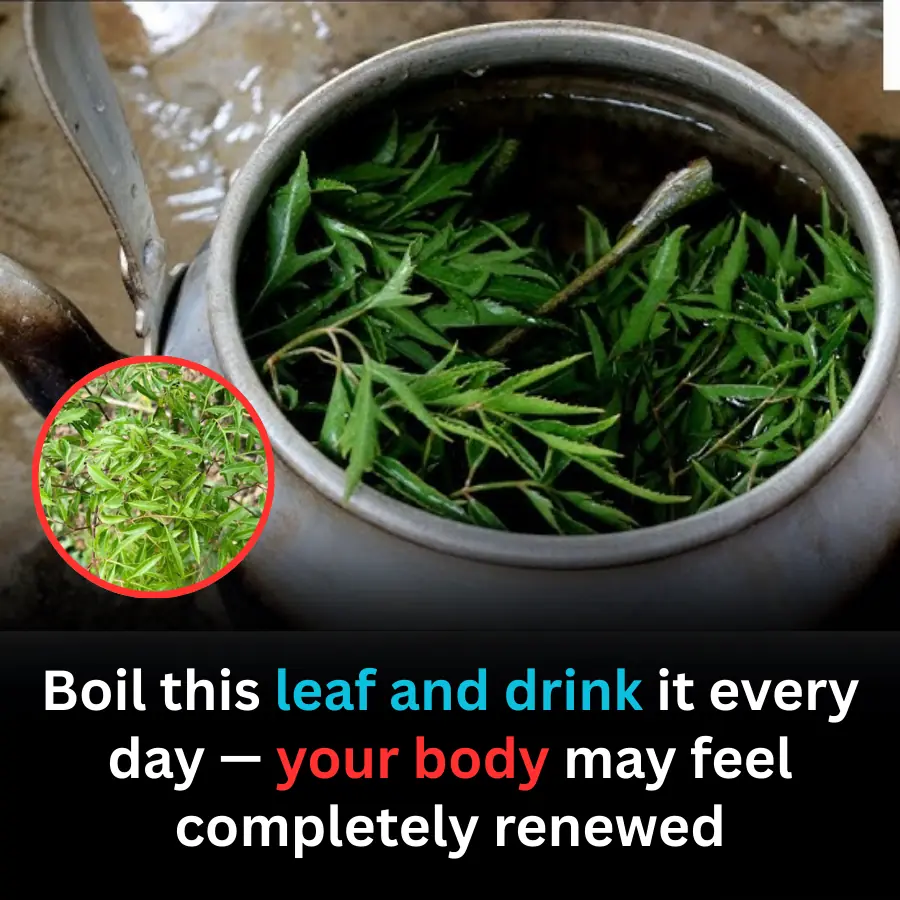
Drinking Polyscias fruticosa Leaf Tea Daily: A Simple Habit Linked to Notable Health Benefits

One Month Before A Heart At.tack, Your Body Will Warn You Of These 7 Signs

Young and at Risk: Str.ok.e Strikes 19-Year-Old After Headache — 5 Symptoms You Shouldn’t Ignore

20 Early Warning Signs That Can.cer May Be Developing in Your Body

Waking up to these 7 signs may mean your body is silently feeding can.cer cells.
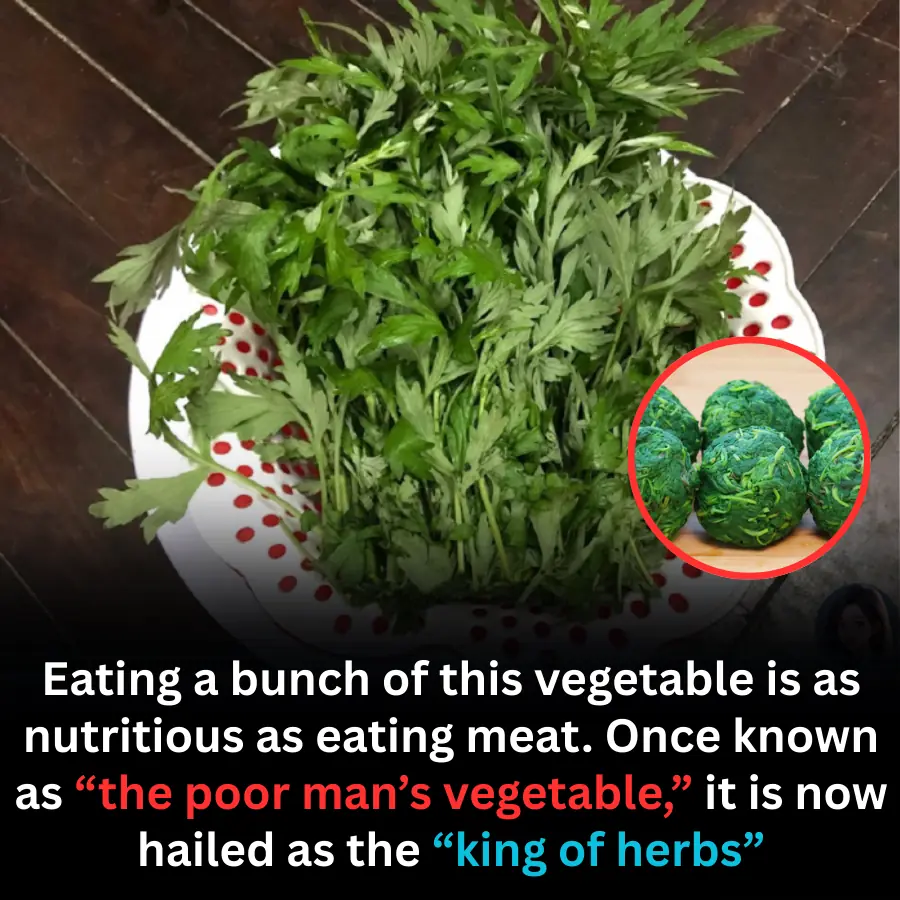
From “Poor Man’s Vegetable” to “King of Herbs”: The Leafy Green as Nutritious as Meat

Many people are still unaware of this vegetable

If your kidneys aren't working properly, the body shows these 10 signs
